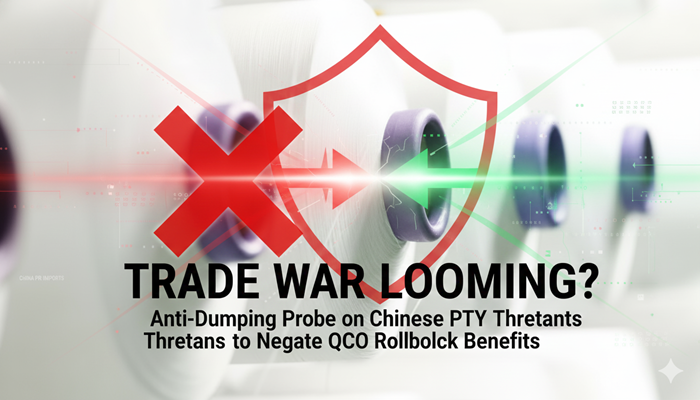"As the battle between e commerce marketplaces and traditional fashion retailing continues, a recent layoff at one of the biggest fashion brands comes as a major blow. The layoff at Los Angeles based fashion label which is known for superb fabric, cutting-edge styles and trendsetting ways once again indicated the changed mindset of the millennial consumers and the tough competition that fast fashion retailers are facing from the popular ecommerce portals."

As the battle between e commerce marketplaces and traditional fashion retailing continues, a recent layoff at one of the biggest fashion brands comes as a major blow. The layoff at Los Angeles based fashion label which is known for superb fabric, cutting-edge styles and trendsetting ways once again indicated the changed mindset of the millennial consumers and the tough competition that fast fashion retailers are facing from the popular ecommerce portals.

The category which has been hit hard by this raging war is premium denim wear where private-equity firms and investment groups in recent years bought out the established labels like True Religion, J Brand, 7 For All Mankind, Joe’s Jeans and Hudson Jeans. As per report revealed by Fitch Ratings True Religion, acquired in 2013 by Tower Brook Capital Partners for $824 million, is in high risk of going bankrupt the company’s revenues are down to $408 million after coming in at $420 million and its institutional term loans amount to $485 million.Explaining the reason behind Andreas Kurz, a former chief executive of 7 For All Mankind and now President of Akari Enterprises says “The premium-denim market has contracted. People are working with an old recipe where they import Italian or Japanese fabric to Los Angeles, make it in Los Angeles and try to sell a jean for $200 to $250. That doesn’t work anymore. Consumers are more price-conscious.”
New tech based retail practices causing revenue loss for traditional retail
Technology and internet based retail practices are changing the age old dynamics of retailing. Moreover, department-store shoppers have been playing with attractive bargains but younger consumers now rather looking for USP of the product. “The consumer is being more frugal and to expect more for less, and that is tough on brands” said Lloyd Greif, president and chief executive of Greif & Co., a downtown Los Angeles investment banking firm. Three Los Angeles labels hard hit recently are 7 For All Mankind, Splendid and Ella Moss, sold to Israeli company Delta Galil earlier this year for $120 million by VF Corp. However, the change has prompted laying off more than 100 employees of the brand at its headquarters in LA. “This is a clear sign that these brands are in their maturity and are on a downhill slope. Whether Delta Galil turns them around or milks them until there is nothing left is still to be seen.” says Delta Geli.Another denimwear brand struggling is J Brand which has now been acquired by Uniqlo, the parent company of Japanese giant Fast Retailing Co. at $290 million in 2012. The acquisition forced Fast Retailing to take a $145.8 million impairment loss during fiscal 2016.
Apart from Denimwear brands, brands which primarily sell through departmental stores are also downsizing. BCBG Max Azria is laying off 123 people as it tries to come out from under a load of debt that is owned principally by Guggenheim Partners, the company’s major shareholder.
Experts believe, that the concern is not for California only rather this trend is clear across the world. US. specialty stores have been downsizing for the last two years as many go out of business or have low credit ratings, making it difficult for clothing manufacturers to get financing from factors and banks to sell to these retailers.“The same thing that is going on in California is going on in New York,” said Paul Zaffaroni, managing director at Roth Capital Partners. “These are problems that are more of the industry.” However Rob Greenspan, president of Greenspan Consult, says “When business gets bad, the smart business has to do the smart thing to survive,”.
Time to thing long term instead of downsizing for survival
But market experts believe rather than downsizing for survival brands should look into developing long terms strategies based on the new market demnds and practices. “ “We have seen brands come out of nowhere and go from zero to $30 million in sales in two or three years—all online. The old way of opening independent stores and department stores—that model is broken.” adds Zaffaroni.
Also quality products are still in demand. Brands need to fit with the trends in the world at the time and maintain a core position. Quite a few brands in the premium-denim market,so far struggling , are now tweaking their merchandise mix to compete with the athleisure movement. Denim companies are offering denim pants with spandex to make them more comfortable—even making jog jeans that have the feel of a knit but the look of denim.
While product and price are two things most apparel companies are dealing with but digital promotion is proving to be one major hurdle for many brands and retailers.












